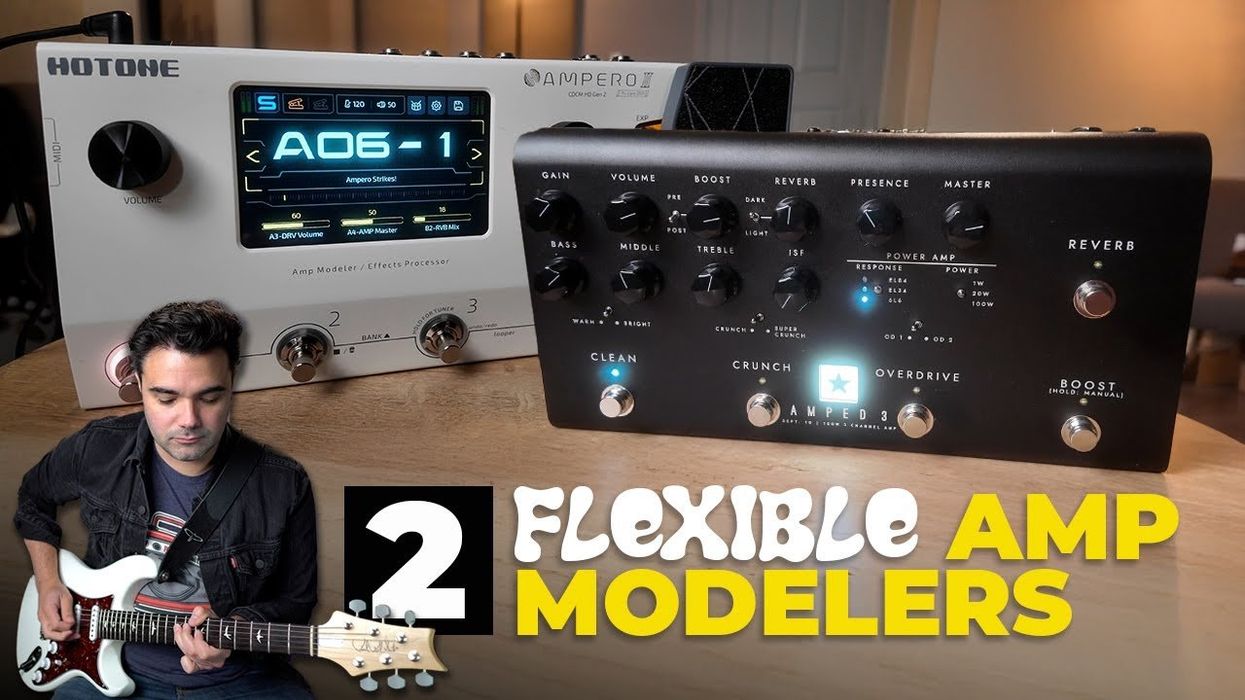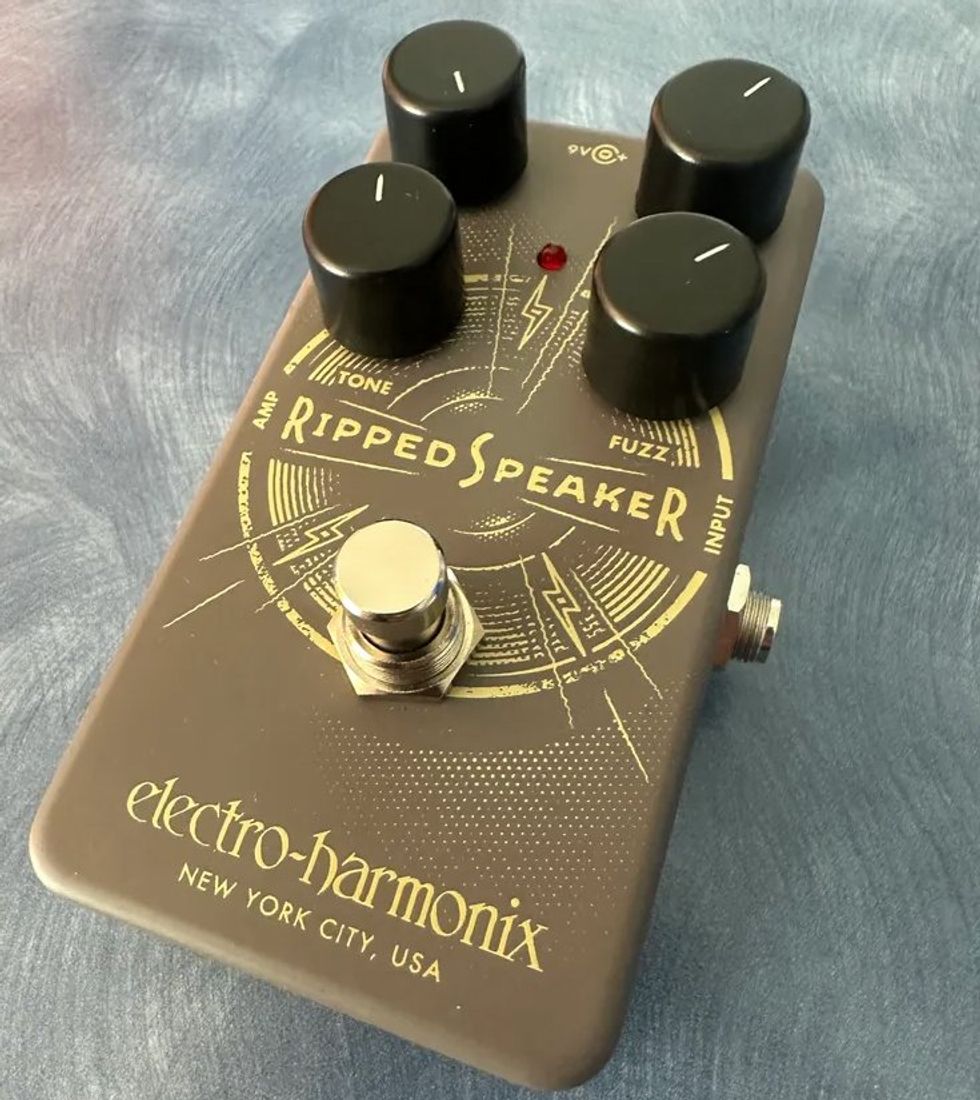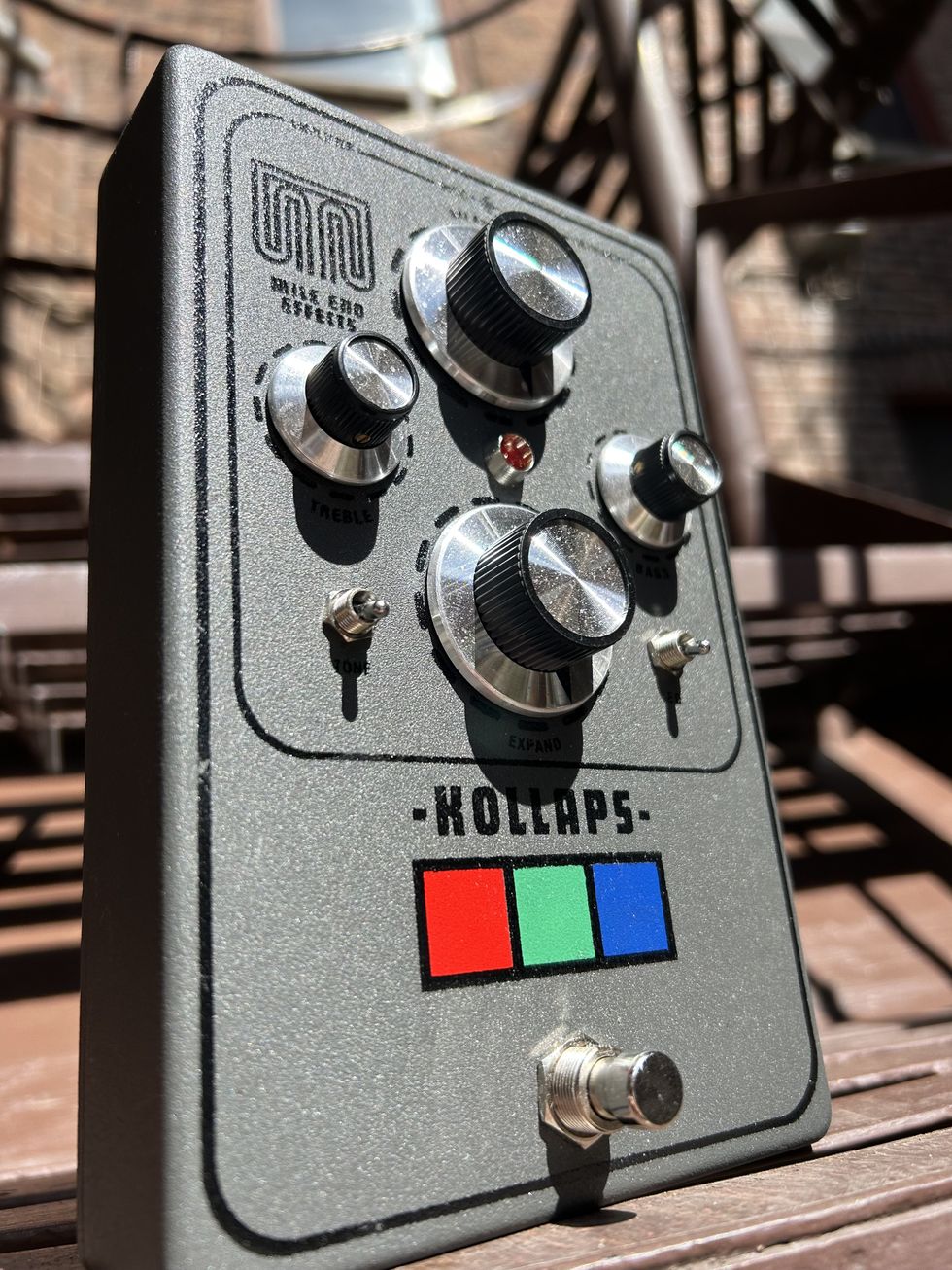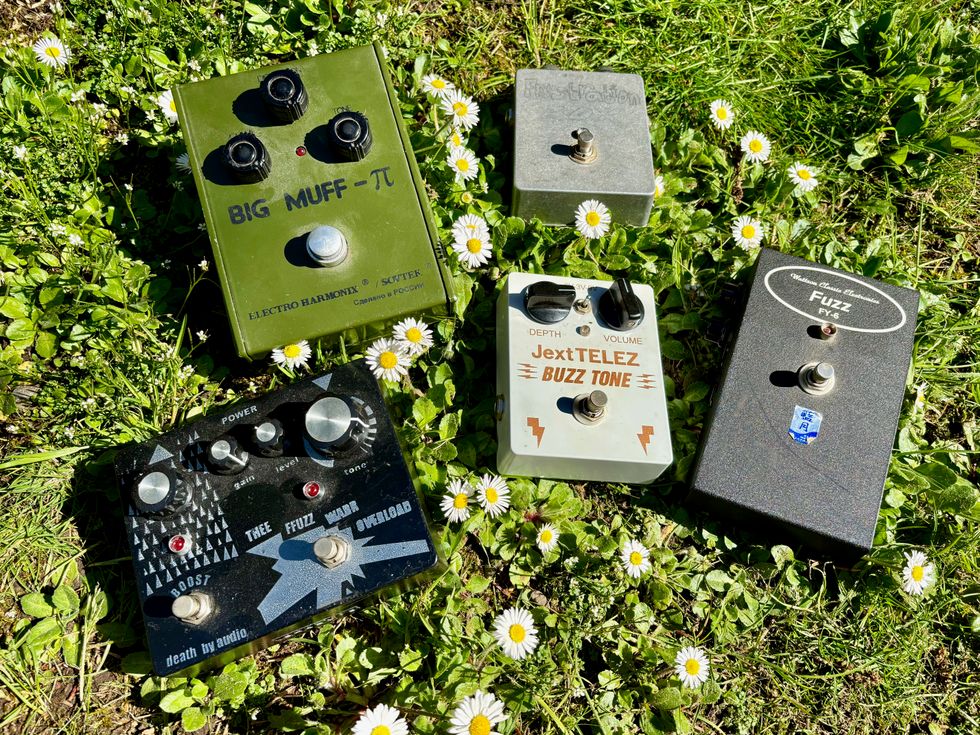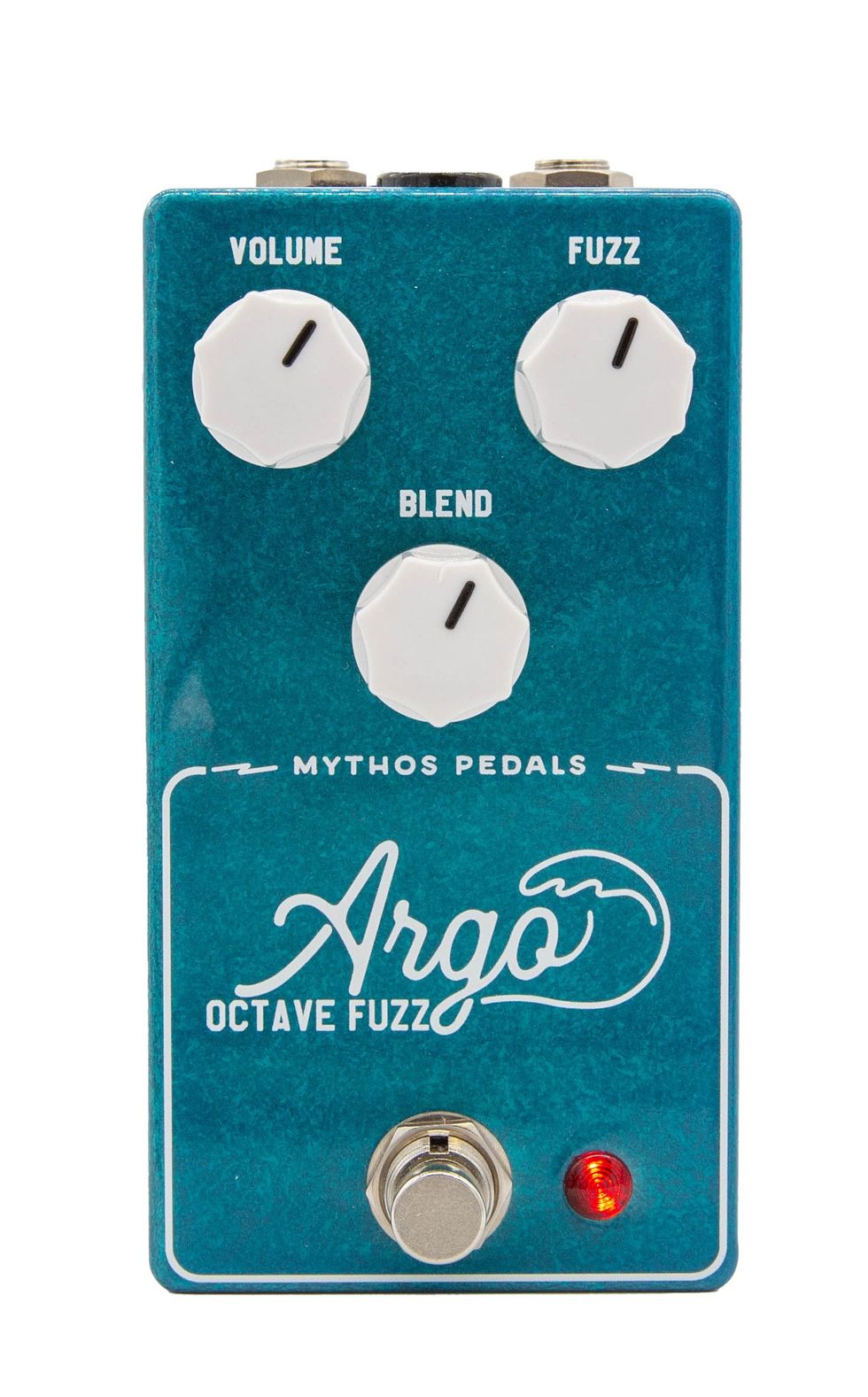St. Wendell, Germany (June 18, 2019) -- Yorkville Sound distributed brand, Hughes & Kettner, has unveiled the second amplifier to feature its revolutionary Spirit tone generating technology – the Black Spirit 200 Combo – as well as a premium quality high-powered cabinet, the 1x12 TS 112 Pro, based on the combo´s sophisticated enclosure.
A true all-in-one solution for guitarists, the Black Spirit 200 Combo contains all the features of 2018’s award-winning Black Spirit 200 head, built into a compact 1x12” Thiele/Small enclosure which houses a UK-made Celestion G12H-75 Creamback speaker.
Designed to be the largest sounding 1x12” combo ever produced and delivering a true 4x12” wall of sound that players can carry in one hand, the amp’s secret is in its enclosure: a closed-back front-ported birch plywood construction, it features perfectly tuned Thiele/Small ports for enhanced low-end response. Meanwhile, well-balanced dimensions dampen the speaker’s movement and at the same time allow it to breathe, letting it unleash its full sonic potential and delivering more output than any other comparable housing. The result is the punchiest yet most balanced frequency response ever in a combo of this size.
In the sounds and features departments, the Black Spirit 200 Combo has every base covered: four all-analog channels – Clean, Crunch, Lead, and Ultra – a comprehensive range of built-in reverb, delay and modulation effects, and a unique Sagging control that lets players adjust the amount of power amp sag regardless of the volume level.
The Red Box DI output allows direct connections to mixers and computers/DAWs, and every pot setting (including EQs and gain, and sagging) on the amp can be saved and recalled in up to 128 presets using any compatible MIDI footswitch, while unlimited tonal presets are possible when using the free App via Bluetooth.
The TS 112 Pro is the new cabinet of choice for those wishing to unleash the full 200 watts of power from the Black Spirit 200 combo, or simply players looking for an incredibly full sounding 1x12 solution. Again featuring a UK-made Celestion G12H-75 Creamback speaker, the TS 112 Pro also fits perfectly with the Black Spirit 200 head – two of them creating a compact, yet enormous-sounding stack – and its incredibly punchy yet supremely balanced frequency response also makes it the ideal choice for players of amps of all types.
Rüdiger Forse, Hughes & Kettner’s Senior Product Manager, said: “Black Spirit 200 Combo is not just a combo version of the Black Spirit 200 head. Designing this sonic masterpiece was a completely new approach! Hughes & Kettner fans have been demanding new combos for years, and now they have it: an all-in-one tone solution, blessed with an exhilarating range of sounds and features, immense power, and a speaker that translates any sonic detail into the most intense physical playing experience! Black Spirit 200 Combo improves what we love about combos in every respect.”
For more information:
Hughes & Kettner


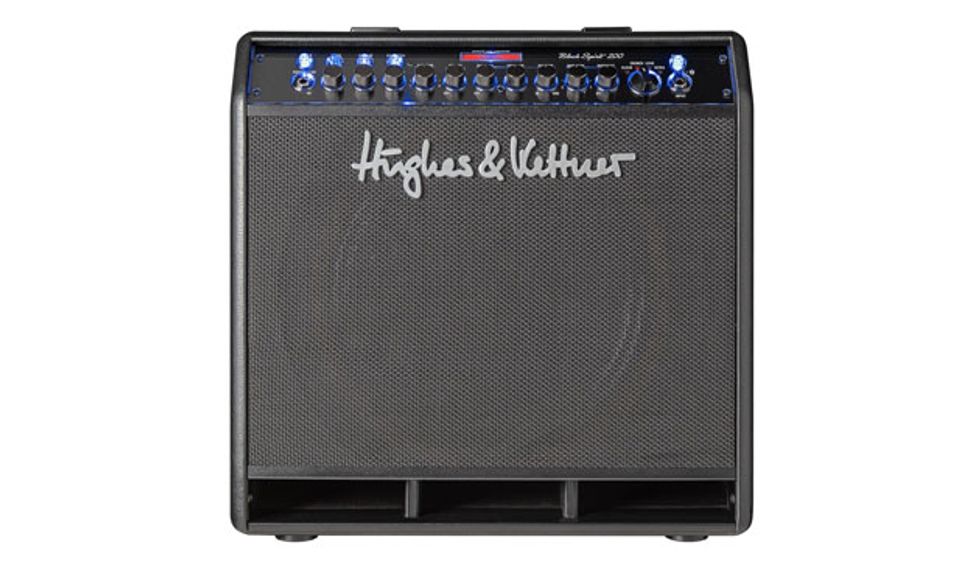
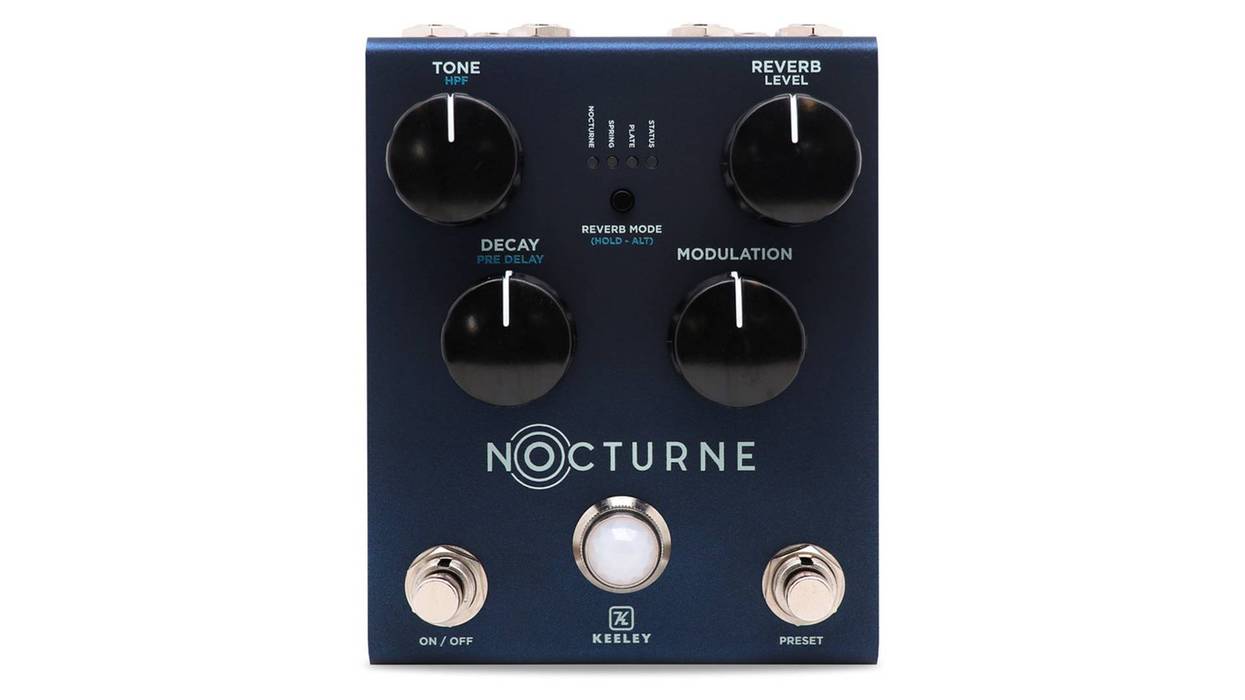



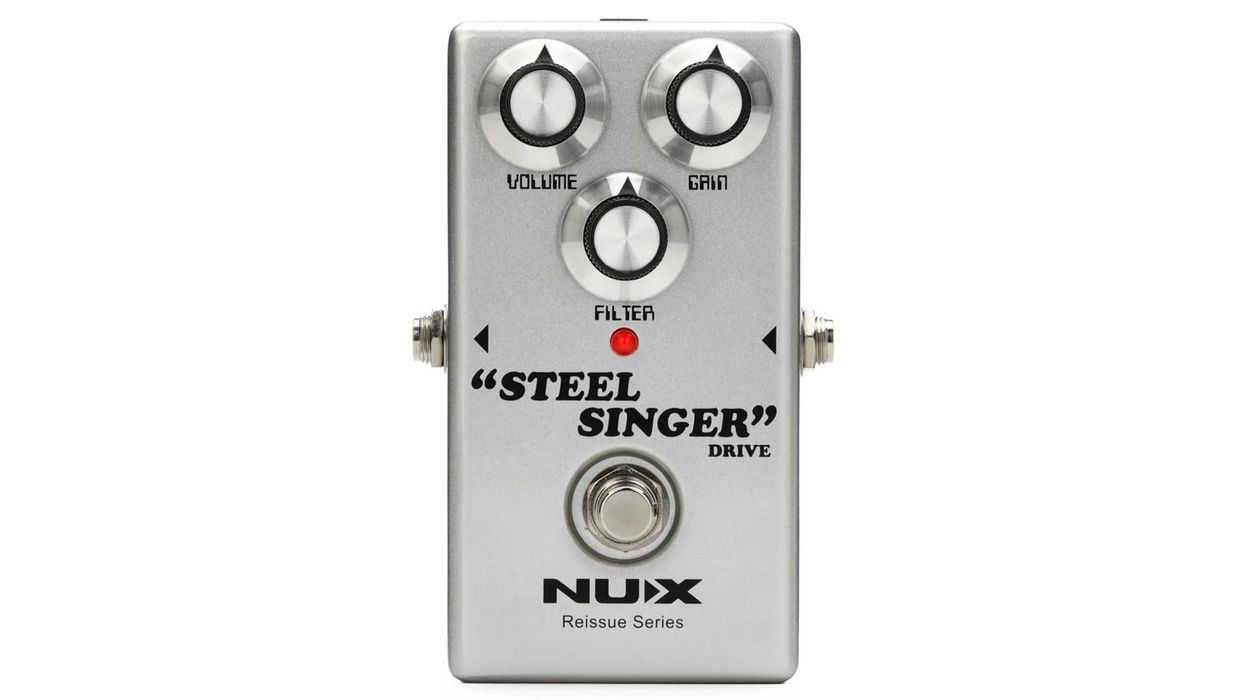
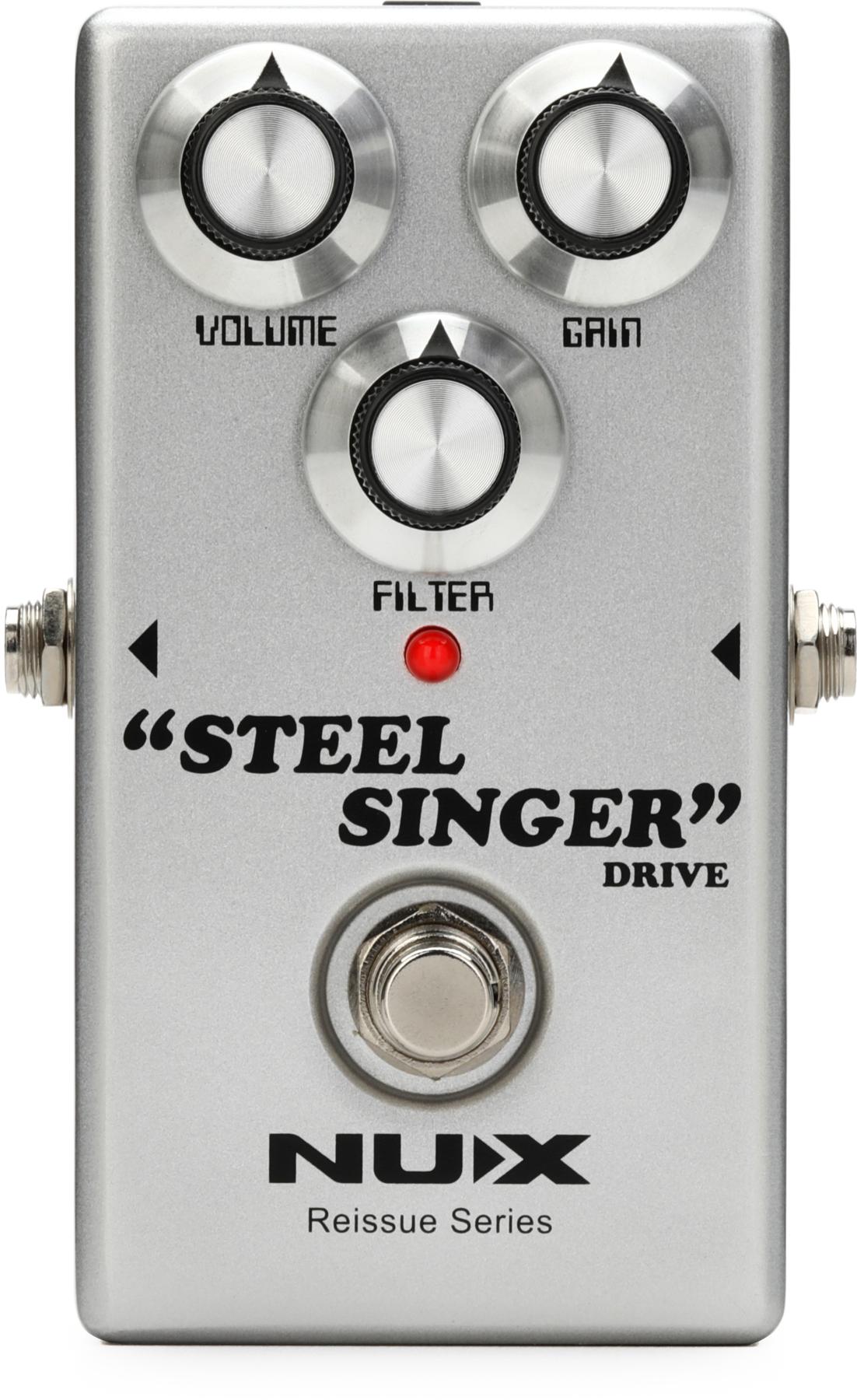



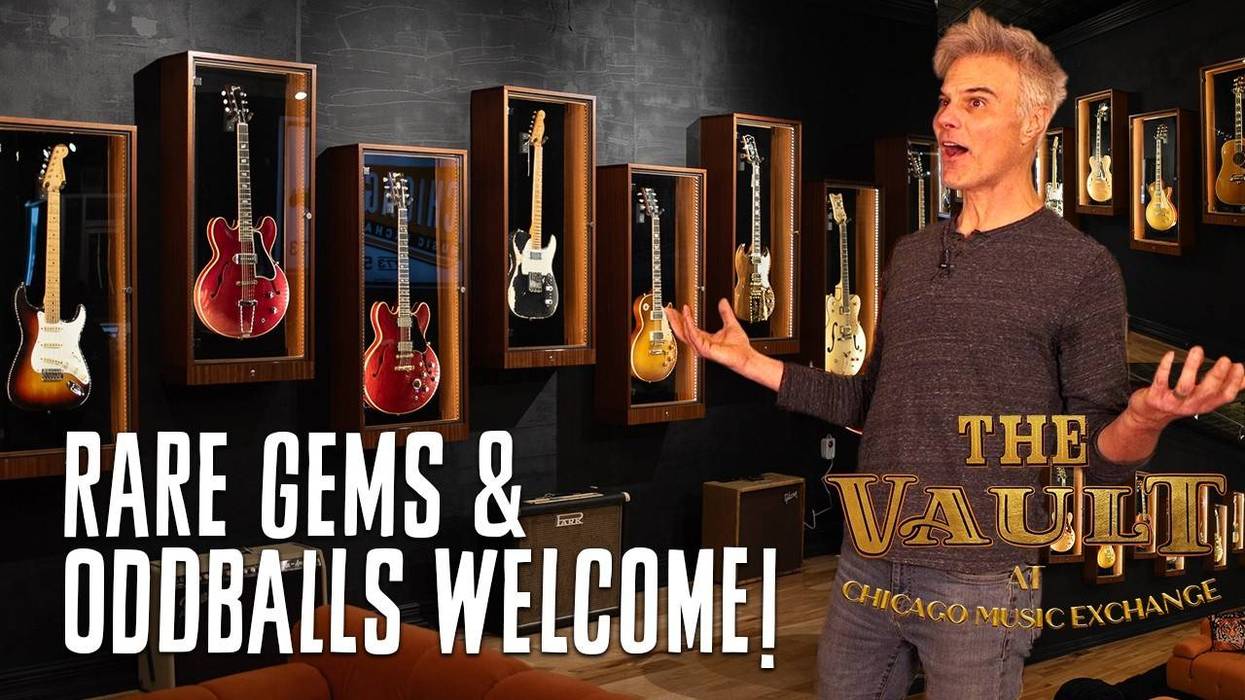
![Rig Rundown: Russian Circles’ Mike Sullivan [2025]](https://www.premierguitar.com/media-library/youtube.jpg?id=62303631&width=1245&height=700&quality=70&coordinates=0%2C0%2C0%2C0)




